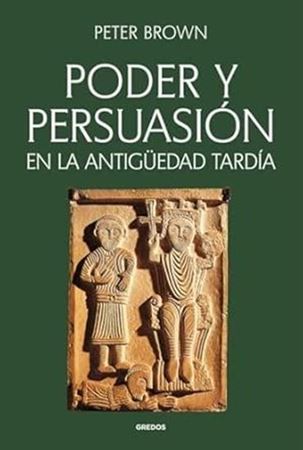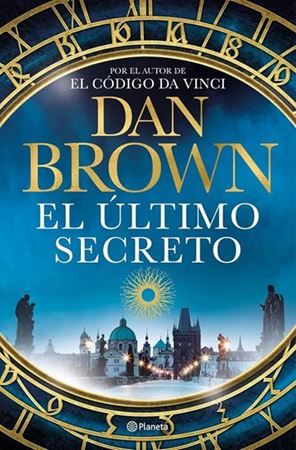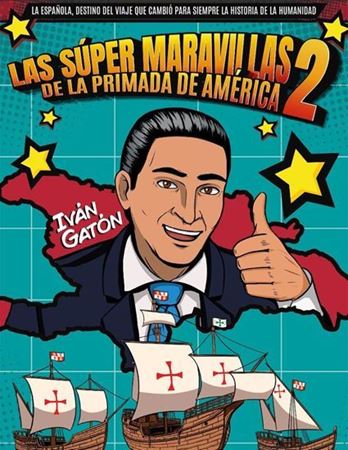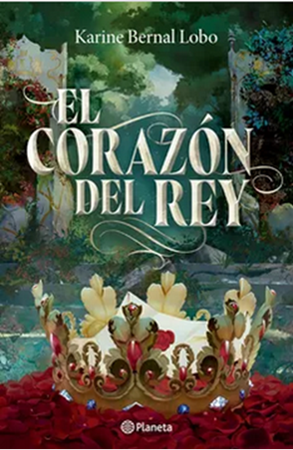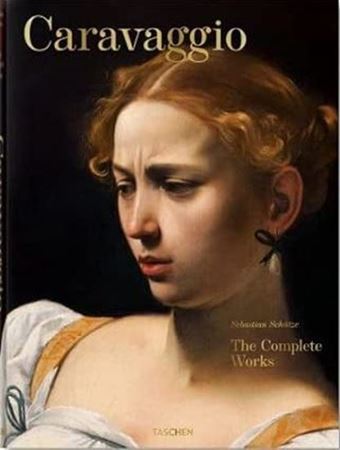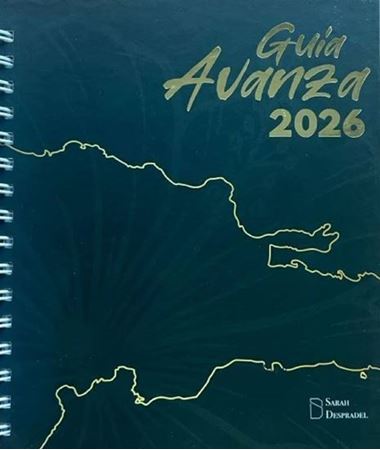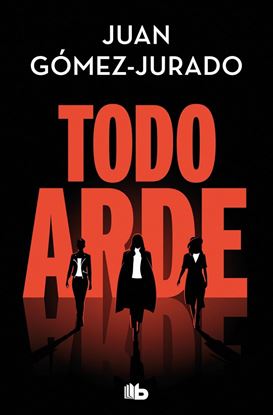

NOVEDADES
TODO ARDE (BOL)
Esta es la historia de tres mujeres que lo han perdido todo.
Incluso el miedo.
Por eso son tan peligrosas.
Esta es la historia de una venganza imposible, sin ninguna posibilidad de éxito.
Esta es la historia de tres mujeres que se atreven a hacer lo que los demás sólo nos atrevemos a imaginar.
Algo muy poderoso está a punto de ocurrir.
Y nada volverá a ser igual.
SIEMPRE GANAN LOS MISMOS.
ES HORA DE CAMBIAR LAS REGLAS.
850
TODO EMPIEZA CON LA SANGRE (TIT.PROV.)
«Todo el mundo quiere nombrar su agujero, lo que nunca se colma, para sentir que está lleno de algo».
Violeta trata de aplacar el vacío que arrastra desde que nació, un hueco inexplicable que intenta saciar con el amor de otros. El amor arrollador y evanescente de Paul, alma gemela pero también condena. El amor seguro y colonizador de Salma, rotunda, fuerte y hermosa como la reina de un pueblo guerrero. El amor extraviado de un padre que se alejó pronto y el de una madre que asfixia como solo puede asfixiar el lugar del que una proviene. Violeta lleva una vida entera persiguiendo un ideal romántico y, sin embargo, siempre hay algo que no está, que no tiene; siempre hay algo nuevo listo para ser deseado.
1,300
TODO EMPIEZA CON UN MATCH
Una guía muy divertida con claves psicológicas para aprender a disfrutar de las citas sin dejar de ser quien eres.
Una guía muy divertida con claves psicológicas para aprender a disfrutar de las citas sin dejar de ser quien eres.
Si alguna vez te has preguntado «¿Por qué no puedo encontrar el tipo de relación que anhelo?», «¿Estoy bien como para estar en una relación?», «¿Cómo saber si esta persona vale mi tiempo?» o la más importante de todas, «¿Esto de ligaronline vale la pena?», ¡felicidades!, tienes el libro correcto en tus manos.
Gracias a esta guía sobrevivirás al amor moderno y aprenderás a comunicar tus necesidades afectivas sin dejar de serle fiel a lo que eres. ¿Cuántas veces has escuchado el mito de que para amar a alguien primero debes amarte a ti mismo? Aquí romperás con esa idea, pues el amor propio es un largo camino y no tenemos que esperar a terminarlo para amar a otra persona y, mucho menos, para que alguien nos ame así como somos.
1,450
TODO ES MENTIRA
Esta es la historia de una chica cuya mente diabólica le ha permitido llegar a lo más alto. Pero, ¿cuántas veces se puede renacer de las cenizas?
Imogen es una fugitiva huérfana, heredera de una fortuna, además de una cocinera y una tramposa.
Jule es una luchadora, una persona camaleónica y una atleta.
Una amistad intensa. Una desaparición. Un asesinato, o quizás dos.
Una historia de desamor, o quizás tres.
Sangre y chocolate.
Superhéroes, espías y villanos.
Una chica que se niega a darle a la gente lo que quiere de ella.
Una chica que se niega a ser quien fue.
1,350
TODO ES POLITICA
La política no es una abstracción lejana, es la fuerza que moldea nuestras vidas y la herramienta con la que las sociedades se organizan, sueñan y progresan. Negarla no la hace desaparecer; al contrario, abre la puerta a que otros la usen sin control ni propósito.
“Todo es política, ¿o la seguimos negando?” plantea un desafío: comprender la política para transformarla. El autor traza un recorrido que va desde los fundamentos conceptuales hasta los dilemas más actuales, explorando el papel del poder, la crisis de representación, el impacto de lo digital y la urgencia de repensar partidos e instituciones.
Este libro no se limita a diagnosticar problemas. Propone claves prácticas para gobernar con legitimidad, recuperar la confianza ciudadana, construir narrativas de futuro y ejercer liderazgos capaces de unir en lugar de dividir.
Es una invitación abierta: a líderes que quieren proyectar un legado, a ciudadanos que buscan sentido en la vida pública y a todos los que entienden que el cambio requiere acción. Porque solo cuando asumimos la política como parte de nuestra existencia, podemos convertirla en el motor de la democracia y en un espacio de esperanza compartida.
1,700
TODO ES POSIBLE (BOL)
Todo es posible cuenta la historia de los habitantes de Amgash, una ciudad rural y polvorienta de Illinois que vio nacer a Lucy Barton, quien más tarde se convirtió en una escritora de éxito afincada en Nueva York. Cuando Lucy vuelve a su lugar de origen al cabo de diecisiete años de ausencia para visitar a los hermanos que dejó atrás, el regreso desencadena una serie de historias por parte de quienes la conocieron: recuerdos de soledad y condescendencia, sutiles y poderosos sentimientos, y el creciente abismo entre los deseos y la realidad de cada cual. ESta es una novela que consolida la importancia de Elizabeth Strout como una de las autoras más respetadas e importantes de Estados Unidos.
850


